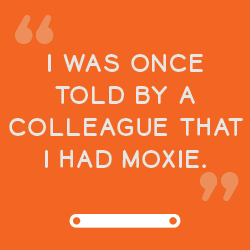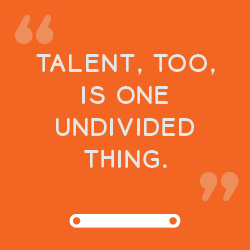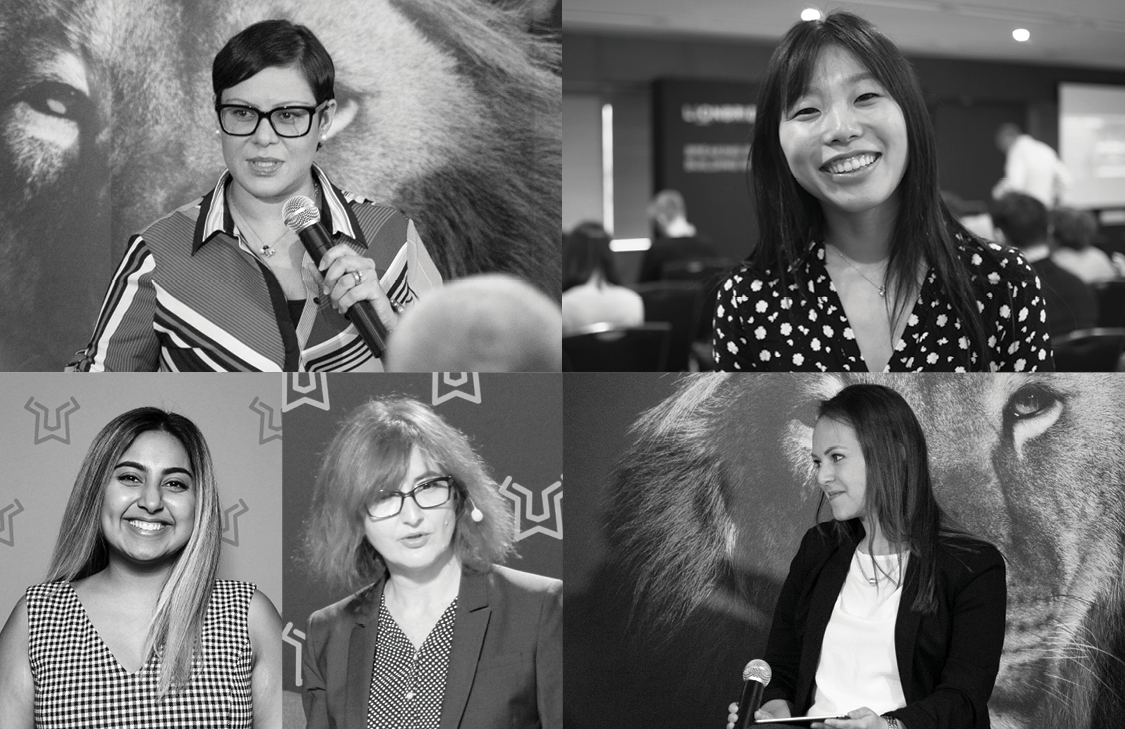- WHAT WE DO
Additional Services

- Industries

Case Study: Multilingual Retail Marketing
New AI Content Creation Solutions for a Sports and Apparel Giant

- RESOURCES

- WHO WE ARE

What We Do Home
Generative AI
- AI Translation Services
- Content Remix
AI Data Services
- Aurora AI Studio™
Machine Translation
- MT Tracker
Instant Interpreter
Customer Onboarding
Translation Service Models
Content Services
- Technical Writing
- Training & eLearning
- Financial Reports
- Digital Marketing
- SEO & Content Optimization
Translation Services
- Video Localization
- Software Localization
- Website Localization
- Translation for Regulated Companies
- Interpretation
- Instant Interpreter
- Live Events
- Language Quality Services
Testing Services
- Functional QA & Testing
- Compatibility Testing
- Interoperability Testing
- Performance Testing
- Accessibility Testing
- UX/CX Testing
Industries Home
Life Sciences Translations
- Pharmaceutical Translations
- Clinical Trial Translations
- Regulatory Translations
- Post-Approval Translations
- Corporate Pharma Translations
- Medical Device Language Services
- Validation and Clinical
- Regulatory Translations
- Post-Authorization Translations
- Corporate Medical Device Translations
- COA Translation Services
Banking & Finance
Retail
Luxury
E-Commerce
Games
Automotive
Consumer Packaged Goods
Technology
Industrial Manufacturing
Legal Services
Travel & Hospitality
Insights
- Blog Posts
- Case Studies
- Whitepapers
- Solution Briefs
- Infographics
- eBooks
- Videos
Webinars
Lionbridge Knowledge Hubs
- Positive Patient Outcomes
- Modern Clinical Trial Solutions
- Patient Engagement
- AI Thought Leadership
SELECT LANGUAGE:
As Lionbridge celebrates International Women’s Day, our Chief People Officer, Ann Lazarus-Barnes, shares her thoughts on workplace empowerment and gender equity.
After 30+ years of working on women’s workplace issues, I realize US companies are having the same conversation over and over again with disappointing results.
At forums and events devoted to women at work, I recognize my much-younger self in the audience and on the panels—the energy, the enthusiasm, the pure belief that if we just concentrate on 5 or 10 or 15 things on our lengthy to-do list, women’s representation will improve. But the list hasn’t changed, and, if the annual McKinsey Women in the Workplace studies are accurate, the related effort hasn’t achieved the expected result.
At Lionbridge—and, I suspect, other progressive companies— we’ve wrestled with why women haven’t made greater progress. Meanwhile, we sometimes find ourselves placing our hope and resources in initiatives that, I believe, are predicated on the myth that women need extra help. Too often, these programs are rooted in the myth that women are deficient, inferior, and need to be “propped up.” For example, mentor-matching based on gender may presume that men have figured out the corporate landscape and women need their assistance. Flex programs designed to support working mothers may have the unintended consequence of calling attention to extra help that women may or may not need (in fact, all working parents may need assistance). Finally, programs that don’t actively plan for greater female representation in line positions demonstrate a lack of understanding for two basic truths. First, that women can succeed in line roles, and second, that these roles are more likely to lead to the C-suite. These initiatives are well-intentioned but misguided, and in some cases, may perpetuate the myth of inferiority.

At Lionbridge, we’ve seen the most success when we concentrate on initiatives that allow women to realize their full potential while addressing the real-world challenges they face. We’ve leveraged reacHIRE, a program dedicated to the quick and deliberate on-ramp of women who have taken a temporary off-ramp from professional careers. reacHIRE recognizes that these women are uniquely talented, and in fact, offer additional skills like adaptability and maturity. In reacHIRE’s world, a woman’s hiatus from work lends additional depth to her candidacy.
Lionbridge has also devoted significant time and energy to succession planning. We make a point of identifying the next folks in line for any senior role and take time to assess the readiness of each person considered. If there are no women on the “ready-now” list, we identify women with the greatest potential, evaluate what their development needs may be, and work with them to prepare for the next opportunity.
These two programs share a common thread: rather than reinforcing the myth that women need “propping up,” they focus on recognizing and fostering a woman’s talent and potential.
At Lionbridge, we also carefully track women’s engagement as a bellwether of the health of our culture. We pulse-survey our entire organization every quarter to ensure we are providing a high-performance environment for our 6,000+ employees. We ask about empowerment, accountability, community, rewards, and barriers to execution. We study these key indicators—not only generally, but also specifically in relation to our population of talented women—ensuring the culture at Lionbridge supports individual drive and ambition. We actively compare women’s responses to men’s so we can be certain that their engagement experience is similar. We make sure the environment is primed for women to claim their workspace and spend their discretionary effort with us.
We’ve also clearly articulated the competencies necessary for success by studying where our future growth will be and determining what competencies are required to get us there. Practically, what does this mean?
We’ve recognized that accountability, empowerment, and intellectual curiosity are critical to our future success and we’ve embedded these competencies into our internal processes including interviewing, performance management, and development.

We’ve made certain that all talent is engaged in driving our business successfully forward and has access to both the definitions of these competencies as well as ways to develop each one as a strength. There is no secret list of competencies to which only some have access. We are transparent and clear on what we believe is necessary for success.
It is worth noting that women have a role to play in their own quest for claiming the workspace. Over the course of my career, I have found that many women seem to have a learned hopefulness, a kind of resilience, that leads them to think, “I can manage this,” even when faced with an environment that does not recognize their potential—or worse, works against them. Women should be willing to leave a bad boss or a sick corporate culture. We need not “manage” or stay.
 I was once told by a colleague that I had moxie. (To this day, I don’t know whether it was meant as a compliment; when he pointed it out, he said nothing about my male colleagues.) I’ve been told I am too emotional. I’ve been told to “lose the righteousness.” I was once told that the only difference between aggressive and assertive was gender—again in relation to me, and again without knowing whether it was a compliment. With one exception, each of these comments led to my ultimate decision to seek out other companies where my talent, moxie, emotion, righteousness, and assertiveness would be appreciated.
I was once told by a colleague that I had moxie. (To this day, I don’t know whether it was meant as a compliment; when he pointed it out, he said nothing about my male colleagues.) I’ve been told I am too emotional. I’ve been told to “lose the righteousness.” I was once told that the only difference between aggressive and assertive was gender—again in relation to me, and again without knowing whether it was a compliment. With one exception, each of these comments led to my ultimate decision to seek out other companies where my talent, moxie, emotion, righteousness, and assertiveness would be appreciated.
Some of my best years professionally coincided with the most demanding personally—for a long stretch, I was a single and working mother with no alimony or child support. There was no question that I would work. I didn’t need propping or bracing or buoying—I needed the healthy space to simultaneously excel at work and take care of my family. I needed to prioritize against the goals and objectives set. I needed and found great sponsors and mentors who explained the set of competencies, behaviors and styles that would allow for exceptional results. I didn’t wallow in learned helplessness or hopefulness. I developed, I got results, and I got recognized and promoted or I moved on.

In a recent New Yorker article, author Louis Menand explores how cultural anthropologists shape the ways that people in modern society view one another. Quoting Georgetown professor Charles King, Menand remarks on the quest of cultural anthropologists to prove that, despite our many differences “humanity is one undivided thing.”
At Lionbridge, we believe talent, too, is one undivided thing. We take responsibility for ensuring access and transparency for women in the workforce—and we let their talent do the rest.
About the Author
As Chief People Officer, Ann Lazarus-Barnes is responsible for leading the human capital programs and processes that support Lionbridge’s organization and strategic goals. More about Ann.
About Lionbridge
At Lionbridge, women manage our top accounts, our key verticals and our most critical revenue. Lionbridge was named one of Forbes’ Best Employers for Women, Forbes’ Best Employers, and 100 Top Companies with Remote Jobs. Women represent over 47% of our workforce, 38% of our management team and 45% of our leadership team. More about Lionbridge.




